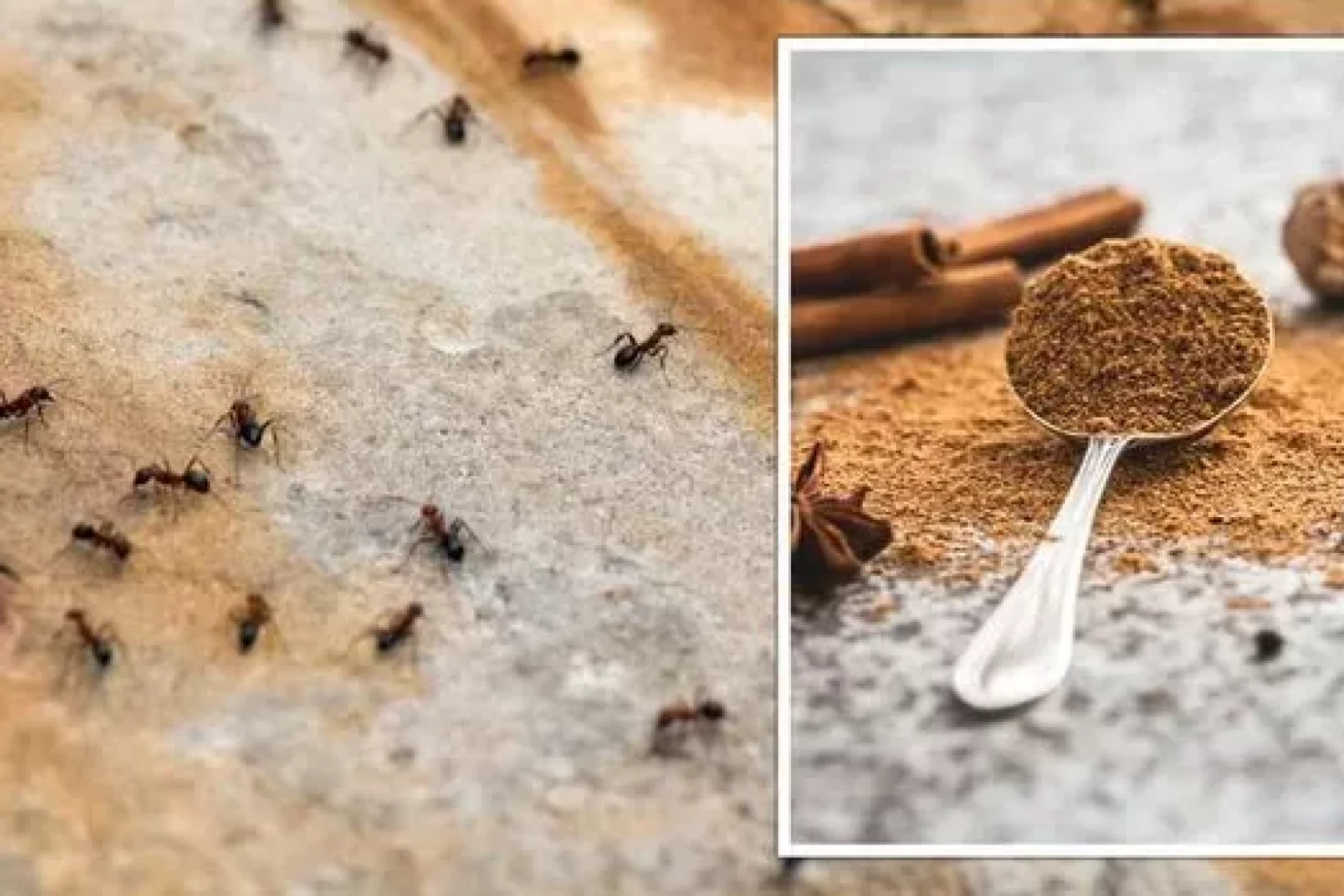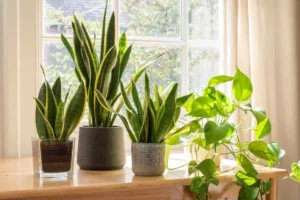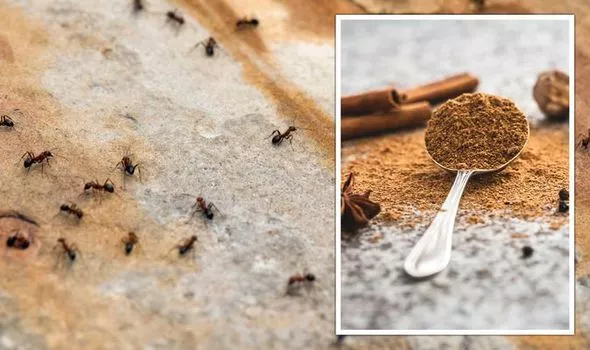Are you battling a relentless ant invasion and wondering about natural solutions? You might have heard about using cinnamon to combat these tiny intruders. But does cinnamon kill ants? This question has sparked curiosity among many homeowners, and today, we’re here to unravel the truth about cinnamon’s effect on ants.
Table of contents
Before we delve into the role of cinnamon in ant control, it’s crucial to understand what attracts ants into our homes in the first place. Understanding their motivations can help us implement effective preventative measures.
What Attracts Ants
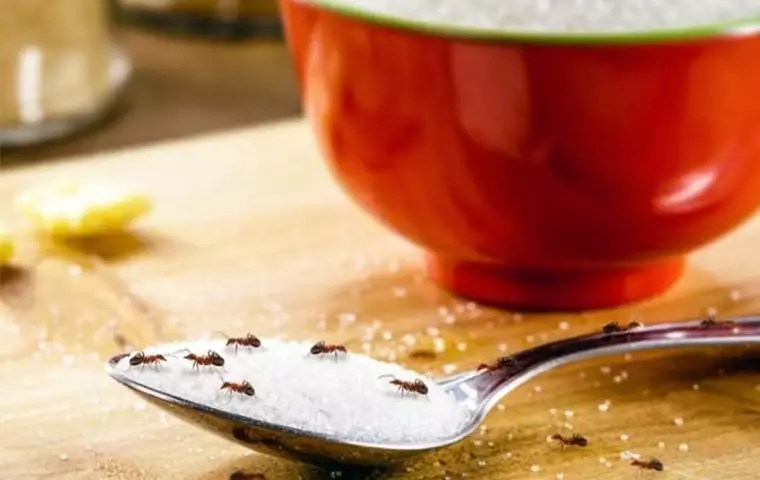
Ants are primarily drawn by food and water. They are especially attracted to sweet substances, proteins, and greasy foods. Therefore, ensuring a clean kitchen and properly storing food items can go a long way in keeping these pests at bay.
Does Cinnamon Kill Ants?
The short answer is no, cinnamon does not kill ants. However, cinnamon can act as a deterrent. Ants rely heavily on their sense of smell, known as their ‘antennal olfaction’. Cinnamon, with its strong aroma, interferes with this olfactory navigation, making it difficult for ants to follow their scent trails.
While it doesn’t cause any physical harm to the ants, cinnamon can disrupt their activities and deter them from entering certain areas. It’s a natural, non-toxic method that can be used safely around your home, especially if you have pets or small children.
How to Use Cinnamon as an Ant Deterrent
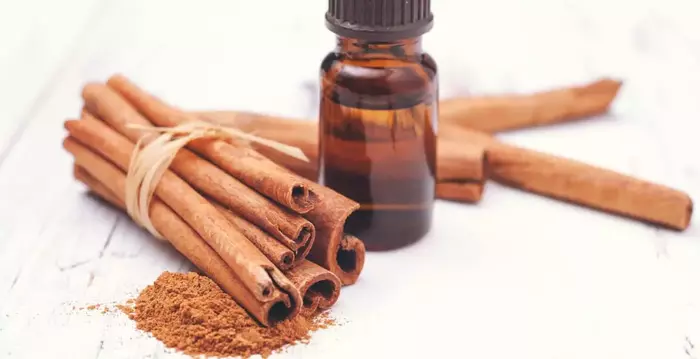
Using cinnamon as an ant deterrent is simple. You can use either cinnamon powder or cinnamon essential oil. Here are the steps:
- Identify the ant trail: Look for the areas where ants are most active. These are the paths you want to disrupt with cinnamon.
- Apply the cinnamon: Sprinkle a line of cinnamon powder or place a few drops of cinnamon oil across the ant trail. Make sure the line is continuous as ants can find their way around small gaps.
- Reapply as necessary: Rain or regular wear can reduce the effectiveness of the cinnamon, so reapply it as needed.
DIY Ant Control: Home and Garden Solutions
Dealing with ants doesn’t always mean a trip to the store for harsh chemical pesticides. There are a variety of DIY solutions that can be just as effective, using ingredients you may already have at home. Here, we explore some DIY ant control strategies for both your home and garden.
Vinegar
Vinegar is a fantastic DIY solution for deterring ants. The strong smell of vinegar masks their scent trails and the acidity can deter ants from crossing its path.
How to use it: Mix equal parts of white vinegar and water in a spray bottle. Spray this solution along the areas where you’ve noticed ants.
Baking Soda and Powdered Sugar
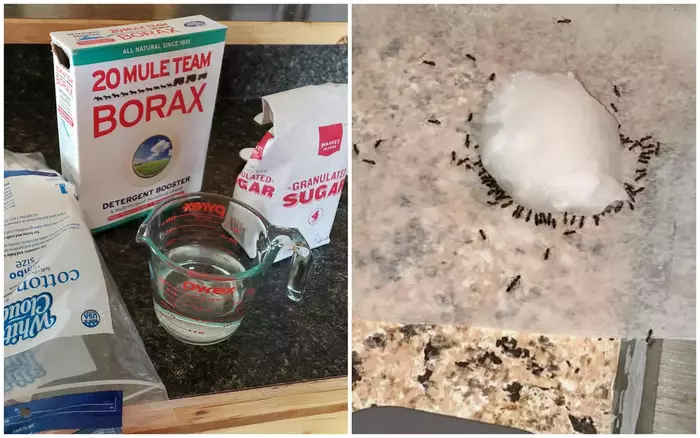
This combination takes advantage of ants’ love for sweets and their inability to differentiate between baking soda and powdered sugar.
How to use it: Mix equal parts of baking soda and powdered sugar. Sprinkle this mixture in areas where you see ant activity. The ants will carry the bait back to their colony, where the baking soda will react with their acidic digestive system and eliminate them.
Borax, Sugar, and Water
Borax is a popular ingredient for homemade ant killer. Mixed with sugar, it attracts ants, which then carry the borax back to their colony.
How to use it: Mix 1 part borax with 3 parts sugar. Add just enough water to make a syrupy paste. Place this mixture on a flat surface like a piece of cardboard where ants can easily access it. Remember to keep this mixture away from pets and children as borax can be harmful if ingested.
Coffee Grounds
Coffee grounds have a strong smell that can disrupt ant trails and deter them from crossing. They’re especially useful in the garden.
How to use it: Simply sprinkle used coffee grounds around your plants or along your home’s foundation.
Diatomaceous Earth
Diatomaceous earth is a natural powder made from tiny fossilized aquatic organisms and is non-toxic to humans and pets. It’s a great solution for gardens.
How to use it: Sprinkle diatomaceous earth around the perimeter of your garden or around the base of plants that are being invaded by ants.
Alternatives to Cinnamon
While cinnamon is a popular choice, there are other natural substances that you can use to deter ants. These include vinegar, peppermint oil, and diatomaceous earth. Each has its own method of application and effectiveness.

Conclusion
While cinnamon doesn’t kill ants, it can certainly act as a deterrent and keep your home ant-free. It’s a safe, natural solution that can be easily applied. Remember, the key to effective ant control is cleanliness and proper food storage. So, pair your cinnamon deterrent with these practices for the best results.
In the end, don’t let those little intruders ruin your peace. With a bit of knowledge and the right tactics, you can keep your home ant-free naturally!


